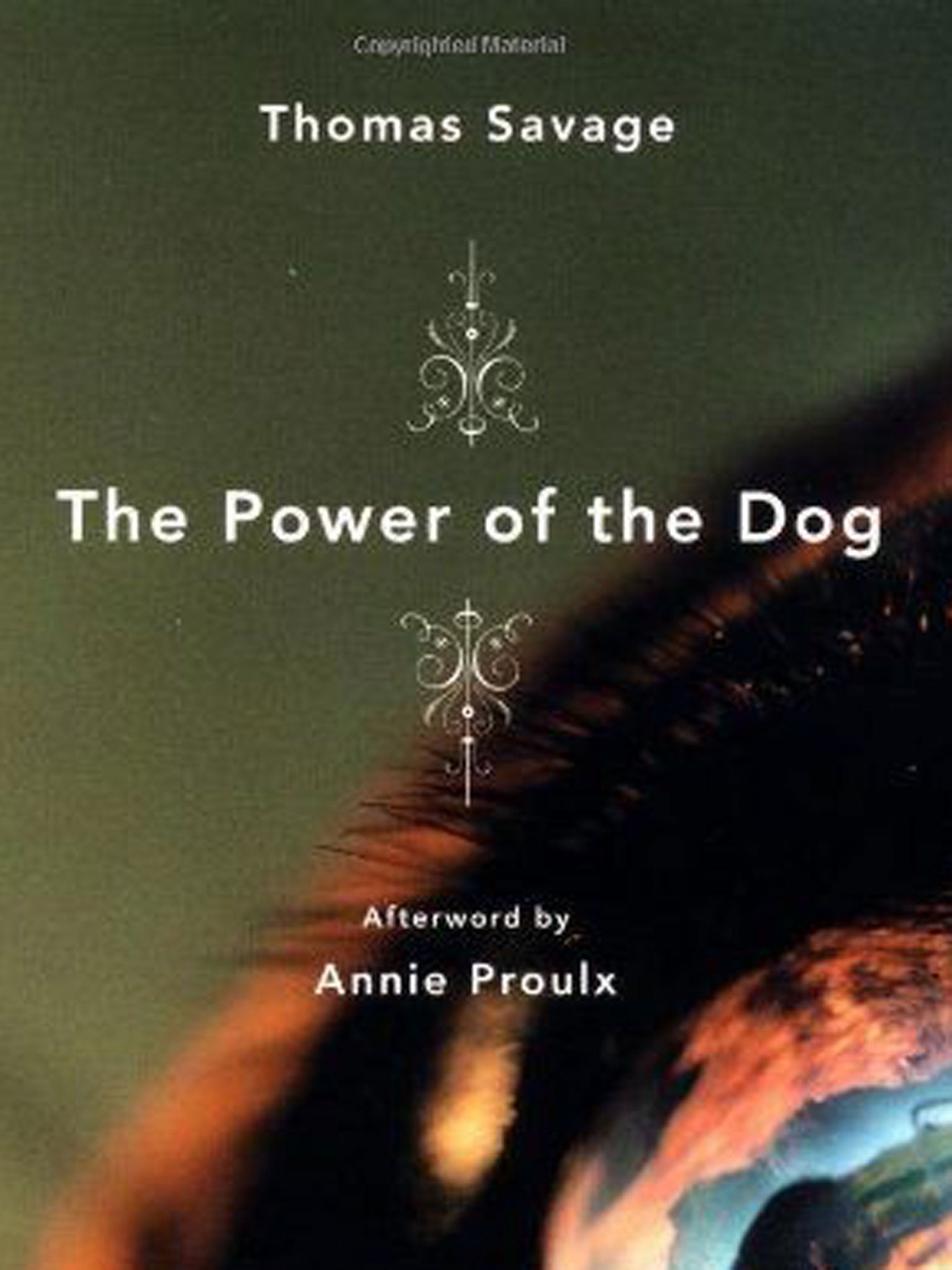The Power of the Dog by Thomas Savage, book review: Masculinity under the microscope in a tale with bite
Savage is brilliant on men and women alike in his keenly-observed psychological drama

Your support helps us to tell the story
From reproductive rights to climate change to Big Tech, The Independent is on the ground when the story is developing. Whether it's investigating the financials of Elon Musk's pro-Trump PAC or producing our latest documentary, 'The A Word', which shines a light on the American women fighting for reproductive rights, we know how important it is to parse out the facts from the messaging.
At such a critical moment in US history, we need reporters on the ground. Your donation allows us to keep sending journalists to speak to both sides of the story.
The Independent is trusted by Americans across the entire political spectrum. And unlike many other quality news outlets, we choose not to lock Americans out of our reporting and analysis with paywalls. We believe quality journalism should be available to everyone, paid for by those who can afford it.
Your support makes all the difference.Thomas Savage's The Power of the Dog – first published in 1967 – is a keenly observed psychological drama set against the brutal backdrop of the prairies and mountains of the American West.
Rural Montana in 1925, very much still the "Wild West", sees poverty and hardship juxtaposed with immense wealth and prestige. The bleak town of Beech, buffeted by howling winds and "smelling of "despair and failure", offers a makeshift home to "trapped transients". Meanwhile, the larger valley is dominated by the vast Burbank ranch, owned by brothers Phil and George.
As different from each other as siblings can be, their lives are more closely intertwined than most: "more than partners, more than brothers", they work and live alongside each other, still sleeping in the same bedroom they've shared since childhood. This equilibrium is upset when George – "the plodder," dull but ultimately decent – marries Rose, the young widow who runs the down-and-out inn in Beech. Dismayed by the situation, Phil – as cruel as he is clever – mounts a campaign to destroy his brother's wife and her "sissy" son Peter.
Given the addition of an excellent afterword by Annie Proulx of Brokeback Mountain fame, I don't think the revelation that Phil's aversion to Peter has to do with some serious repression on his part needs to come with a spoiler warning. And indeed, issues of masculinity are in play from the very first page, the opening paragraph a gory description of Phil expertly castrating a bull.
This may be a (white) man's world: Rose stumbles around in her expensive pretty shoes, finding solace in the drinks cabinet; and the Native Americans are banished to their reservations and denied access to the land they once called home. But in assuming he can conquer nature itself, Phil is heading down a dangerous path.
In the same way that the central image of the running dog that Phil sees in the "tangled growth of sagebrush" scarring the rocky outcrop on the hill that rises up before the ranch house mediates the tense relationship between man, landscape and beast below, above all the expertly drawn human interactions in the book – Savage is brilliant on men and women alike – looms a vista of terrible beauty, power and loneliness: "A world so vast and hostile to individual hope that the young cowhands clung to memories of home, kitchen stoves, mothers' voices, the cloakroom at school and the cries of children let out at recess."
Vintage Classics £8.99. Order for £8.54 (free p&p) from the Independent Bookshop: 08430 600 030
Join our commenting forum
Join thought-provoking conversations, follow other Independent readers and see their replies
Comments